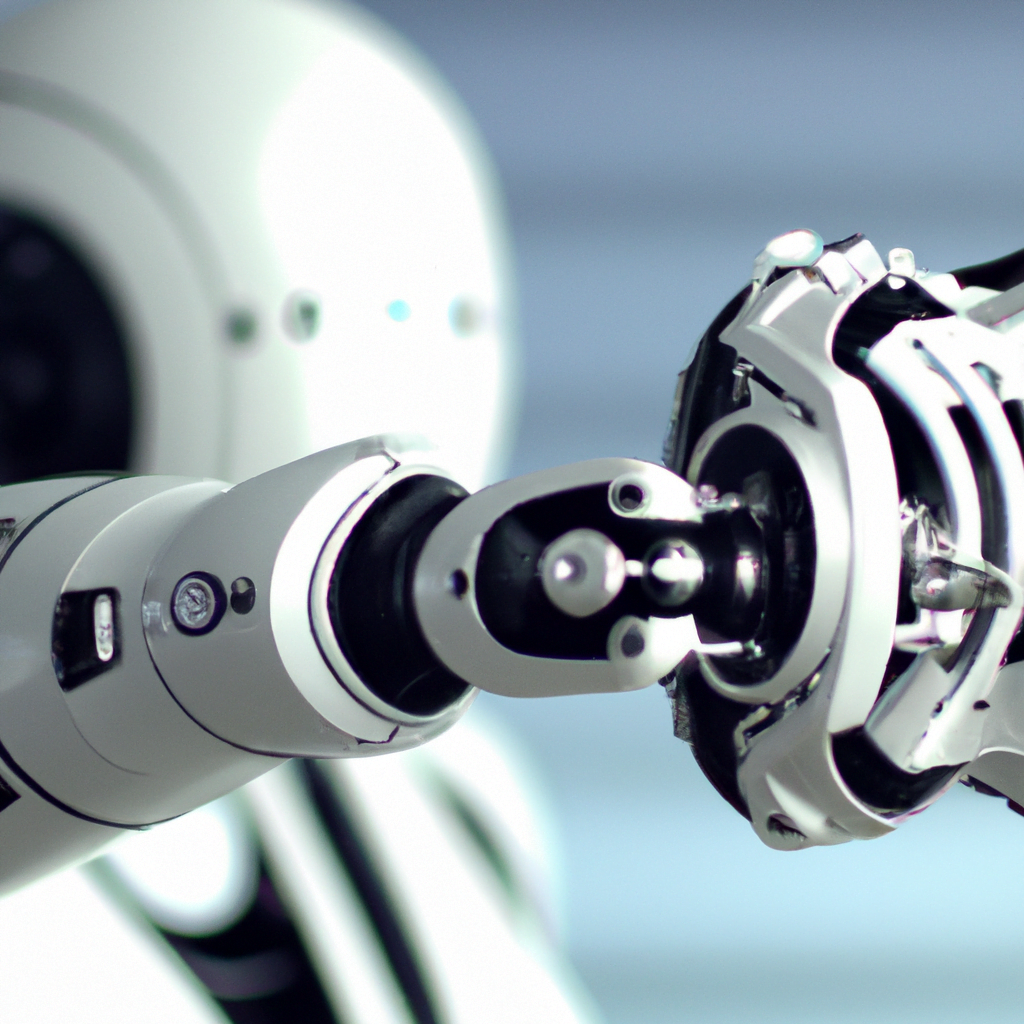The use of AI in music therapy
Music therapy, a field that combines the therapeutic benefits of music with the healing process, has been revolutionized by the integration of Artificial Intelligence (AI). This innovative fusion of technology and creativity offers new and exciting possibilities for individuals seeking emotional support and well-being. In this article, we will explore the transformative role of AI in music therapy and how it enhances the healing journey.

What is Music Therapy?
Music therapy is a specialized field that utilizes music to improve physical, emotional, and mental well-being. Trained music therapists work closely with individuals to create personalized musical experiences that address their unique needs and challenges. Whether through listening, creating, or performing music, music therapy provides a powerful outlet for self-expression and healing.
AI in Music Therapy
The rise of AI across various industries has paved the way for its integration in music therapy. AI technology brings new possibilities to the field, expanding the range of therapeutic options available. By combining human creativity with AI algorithms, music therapists can enhance their therapeutic techniques and provide more tailored and effective interventions.
Creating Customized Music
One of the remarkable applications of AI in music therapy is its ability to generate and compose music. AI algorithms can analyze vast amounts of musical data and create original compositions that align with specific therapeutic goals. This collaboration between human and machine offers a unique blend of creativity and precision, allowing therapists to tailor music to suit individual preferences and needs.
Personalized Playlists for Healing
Personalized music playlists play a vital role in music therapy. AI algorithms can curate customized playlists based on an individual’s musical preferences, emotions, and therapeutic objectives. By selecting the right combination of songs, AI technology helps create a soundtrack that resonates with the individual’s experiences, facilitating emotional connection and providing a source of comfort and support.
Analyzing Emotions in Music
AI’s ability to analyze and understand emotions is particularly valuable in music therapy. By leveraging AI algorithms, music therapists can identify the emotional content of a piece of music and match it to an individual’s emotional state. This deepens the therapeutic experience, allowing individuals to explore and express their feelings through music in a more profound and meaningful way.
Interactive and Immersive Experiences
Virtual reality (VR) and augmented reality (AR) are emerging technologies that have found their way into music therapy. AI-driven interactive music experiences, combined with VR or AR environments, offer immersive and engaging therapy sessions. These innovative approaches create multisensory experiences, enabling individuals to actively participate in the therapeutic process and explore new dimensions of self-expression.
Ethical Considerations and Challenges
While AI brings tremendous potential to music therapy, it is essential to address ethical considerations and challenges. Maintaining a balance between human interaction and AI technology is crucial to preserve the personal connection and rapport between therapist and individual. Ensuring privacy and protecting personal data is of utmost importance in an era of increasing reliance on AI. Additionally, addressing biases and limitations in AI algorithms is necessary to prevent potential harm and ensure inclusivity.
The integration of AI in music therapy has brought about transformative changes, unlocking new dimensions of healing and self-expression. From generating customized music to curating personalized playlists and analyzing emotions in music, AI enhances the therapeutic experience and fosters emotional connection and engagement. By leveraging AI responsibly and addressing ethical considerations, music therapy can harness the power of technology to create harmonious and inclusive environments that promote healing and well-being for individuals of all ages.





